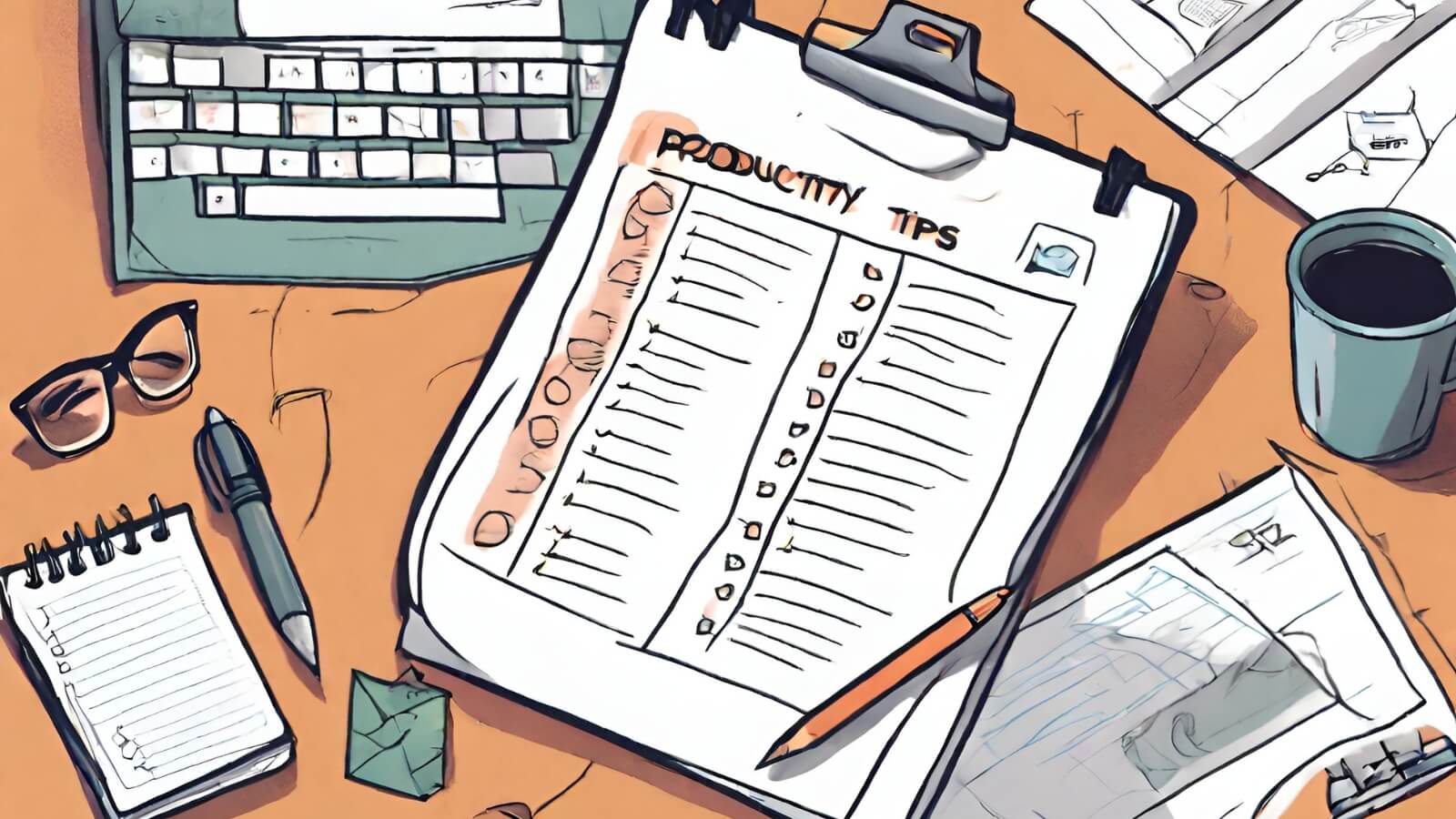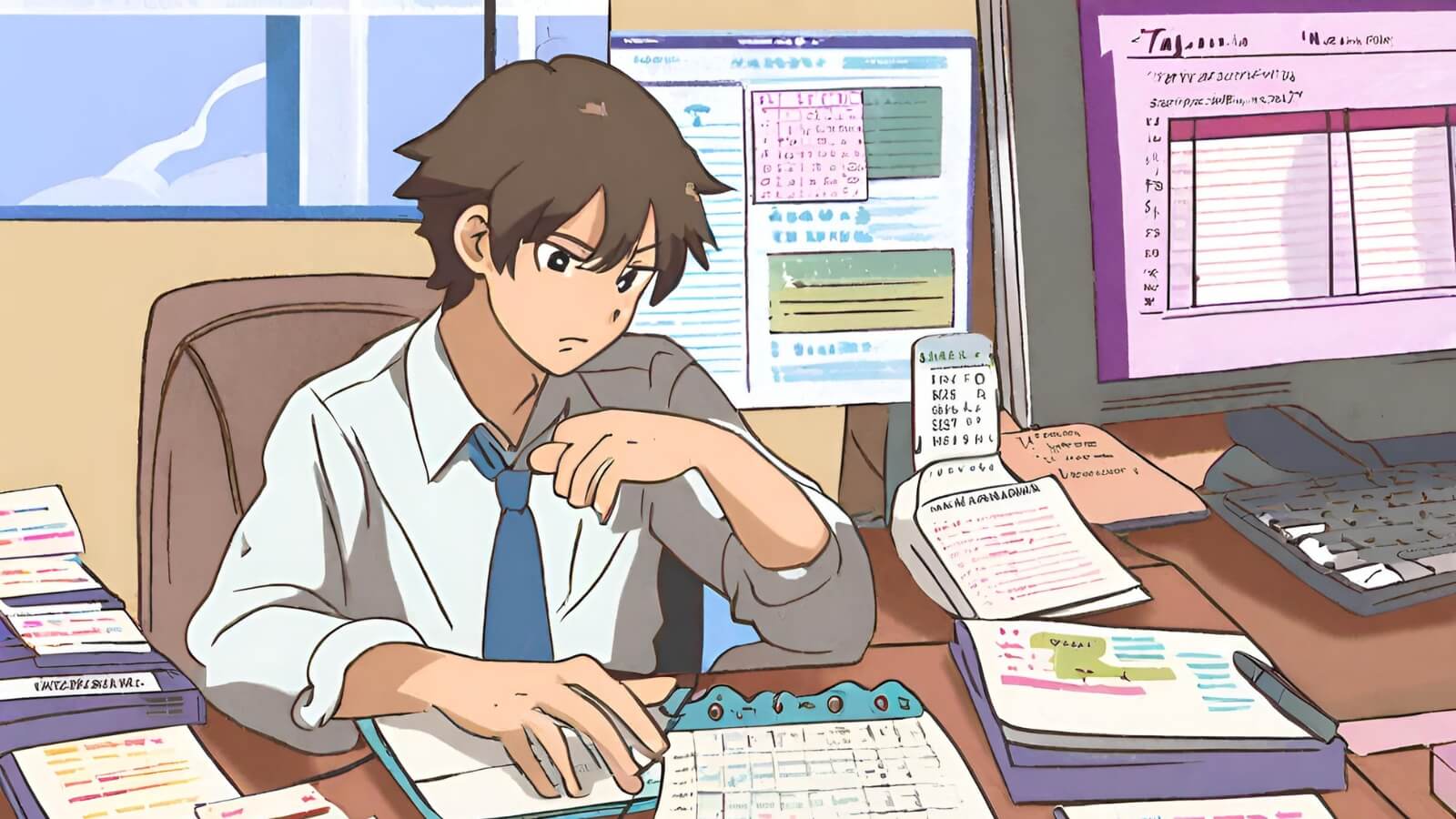There are many exotic answers on how do you increase your productivity? The secret to increasing productivity is to replace unimportant tasks with valuable ones.
That’s according to London Business School professor Julian Birkinshaw and PA Consulting Group productivity expert Jordan Cohen, who have spent three years researching how knowledge workers (mis)spend their time.
Our research indicates that knowledge workers spend a great deal of their time–an average of 41%–on discretionary activities that offer little personal satisfaction and could be handled competently by others.
WHY WE CAN’T GIVE UP TASKS.
While people tend to spend huge chunks of their days working on stuff that doesn’t do that much work, we still say yes to more messes. Why? Because, as the authors say, we like to take on tasks that “make us feel busy and thus important”–and as we’ve discussed, busy is the new lazy.
The incentive for the task that hooks us isn’t always to make the most value, like when people take meetings not because they’re crucial to the decision, but because it’s an outlet for social interaction that you might not otherwise get if your days tend to be lonely vigils in front of eye-straining screens. But you can find bonding time in other ways, for instance, with a deftly scheduled lunch.
And then there’s peer pressure.
One participant told Birkinshaw and Cohen that ?I want to appear busy and productive–the company values team players.? This is the same reason people might stay way later than they need to: If your organization values face time over the work getting done, then people won’t have the incentives to be their most productive.
But if that’s not the issue, then we can move forward with finding–and eschewing–the tasks we don’t need in our lives.
FIgure out the low value tasks
How do you know which parts of your day can be dropped? If they fall into these two categories, the authors say:
?????????? The task isn’t important to you or your organization.
?????????? The task is easy to drop, delegate, or outsource.
That requires taking an inventory of all the actions you’re required to do within a day–a key kind of awareness encouraged by productivity gurus like Bob Pozen and David Allen. Plus, you can take a handy self-assessment.
Remove the low value tasks to increase productivity
Once we’ve identified which tasks are unimportant or transferable, we can start stripping them from our schedules to increase productivity. The first step will be to sort the tasks-to-be-undone into three categories, the authors say:
?????????? Quick kills: tasks you can stop doing with no negative effects
?????????? Off-load opportunities: tasks that are easy to delegate
?????????? Long-term redesigns: tasks that are part of larger structures–that need to be restructured
Once you’ve done that, the next steps are self-explanatory. We can dispatch with the quick kills. We can then off-load the stuff we don’t really need to do, like to an employee or, if we’re at the bottom rung or on an independent grind, to a virtual assistant. Then there’s the messier work of fixing broken structures–which may require some organizational iteration to increase productivity.
What can you do with your?newly?freed time?
Try not to spend it advancing your emails; instead look at healthier work life balance and higher productivity.
This article is written by Drake Baer and is posted on fastcompany.com
Thanks
Jappreet Sethi











Hi Jappreet
Quite an useful article. I liked it.
I was remembering you for the swimming pool lesson at Goa along with Neeraj Ghai. The moral of the game where we were blind folded and we hear too many noises.
Kumar , many thanks for connecting the dots. We get lost in noise and fail to focus and thereafter time flies… I remember the session with Neeraj , May his soul RIP. Thanks Jappreet